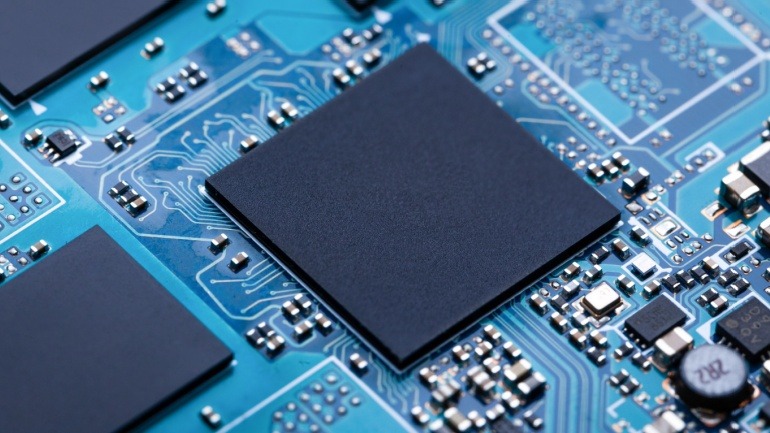AMD has introduced its latest 5th Gen EPYC processors, known as “Turin,” in a bid to enhance data center capabilities for enterprise, AI, and cloud applications. These new processors feature the advanced “Zen 5” core architecture, promising more performance and energy efficiency compared to their predecessors.
Among the standout models is the EPYC 9575F, a 64-core processor highly suitable for AI workloads that benefit from GPU integration. It delivers a 28% speed increase over similar competing solutions and can hit speeds up to 5GHz. According to Dan McNamara, Senior Vice President and General Manager, Server Business at AMD, “From powering the world’s fastest supercomputers, to leading enterprises, to the largest Hyperscalers, AMD has earned the trust of customers who value demonstrated performance, innovation and energy efficiency.”
The new 9005 Series processors boast a diverse range of models, offering core counts from 8 to 192. The flagship variant emphasizes efficiency, delivering 2.7 times the performance of rival alternatives. For cloud and enterprise workloads, the new architecture offers a 17% enhancement in instructions per clock, and a 37% improvement for AI and high-performance computing tasks.
The processors revolutionize server performance, particularly when comparing EPYC 9965-based servers to those powered by Intel Xeon 8592+. Users can expect up to four times faster processing for applications like video transcoding and a significant increase in insight generation for scientific computing tasks. Moreover, virtualized infrastructures benefit from a 1.6 times core performance improvement.
Furthermore, the processors shine in AI deployments, offering up to 3.7 times the efficiency of competitors in executing AI workloads, including generative AI models favored by small and medium enterprises. Transitioning to servers equipped with these processors promises substantial energy savings, with up to 71% less power consumption and 87% fewer servers required.
Compatibility with existing platforms remains a priority. Support from partners such as Cisco, Dell, Hewlett Packard Enterprise, Lenovo, and Supermicro ensures seamless upgrades for organizations keen on enhancing computational and AI capabilities. These processors introduce noteworthy features such as 12 DDR5 memory channels per CPU, support for up to DDR5-6400 MT/s, and advanced security measures, including Trusted I/O and FIPS certification processes underway.







